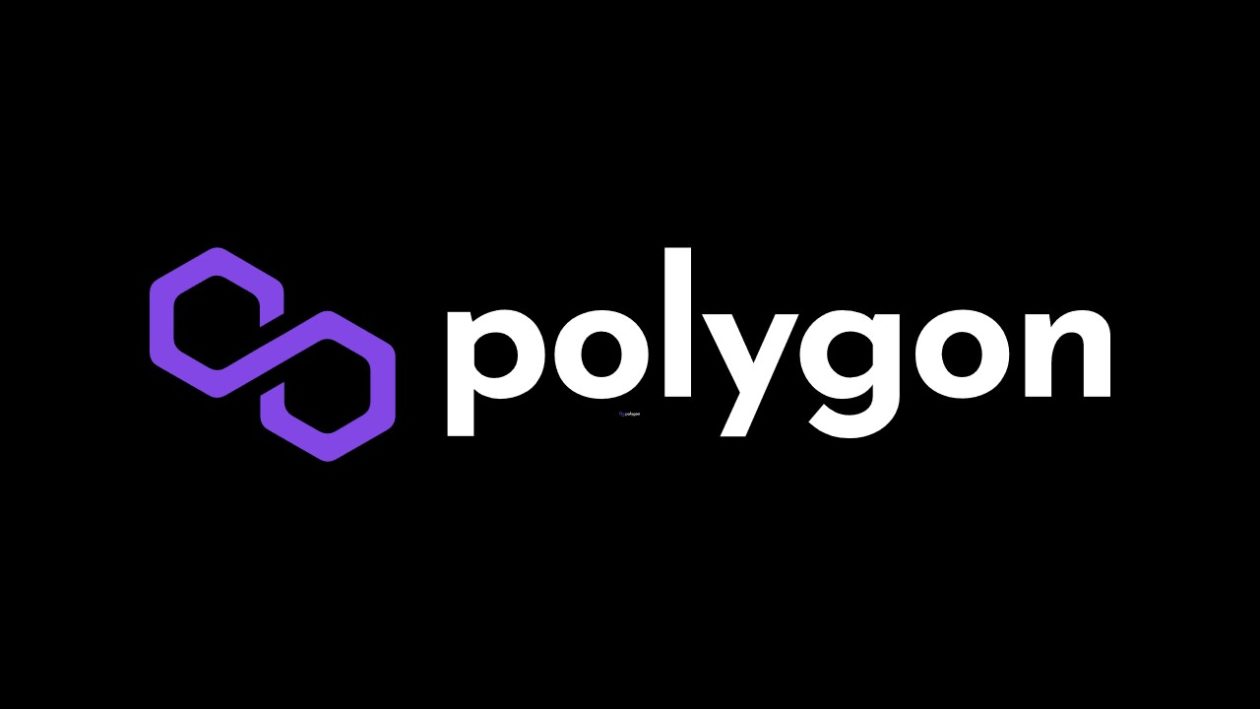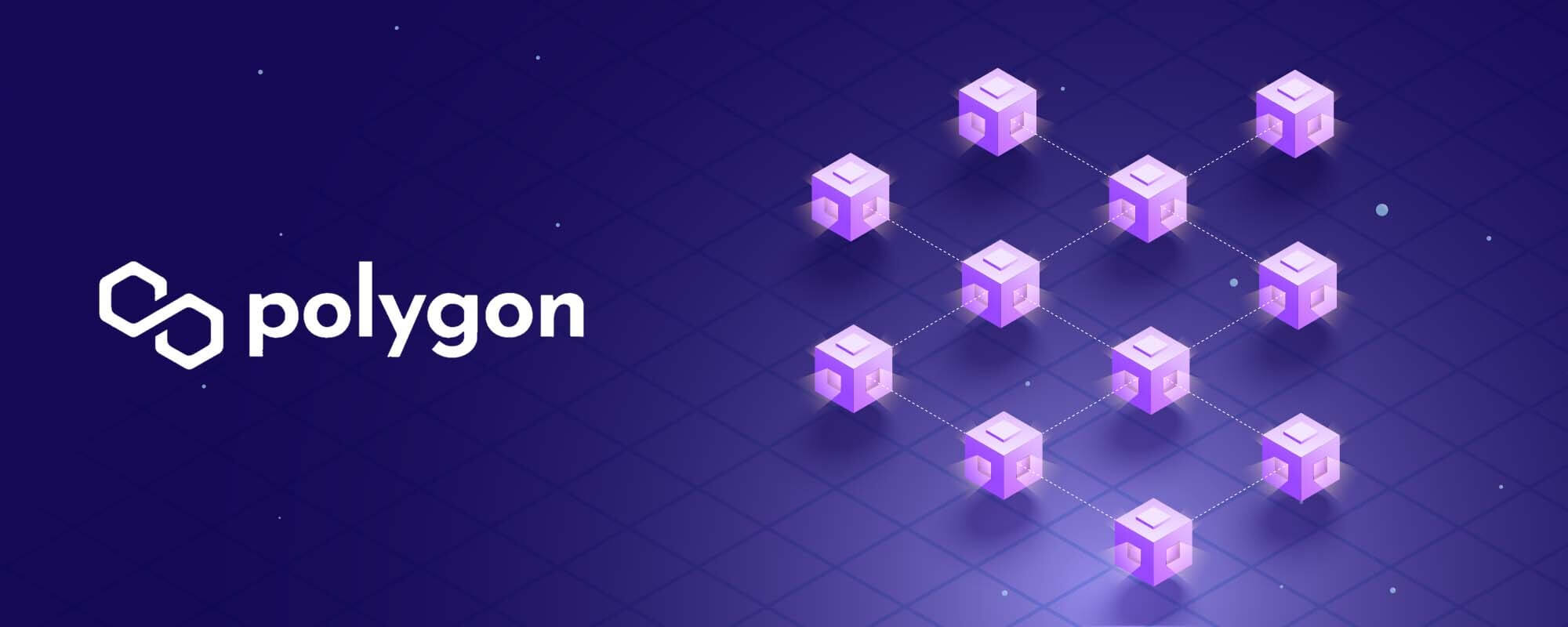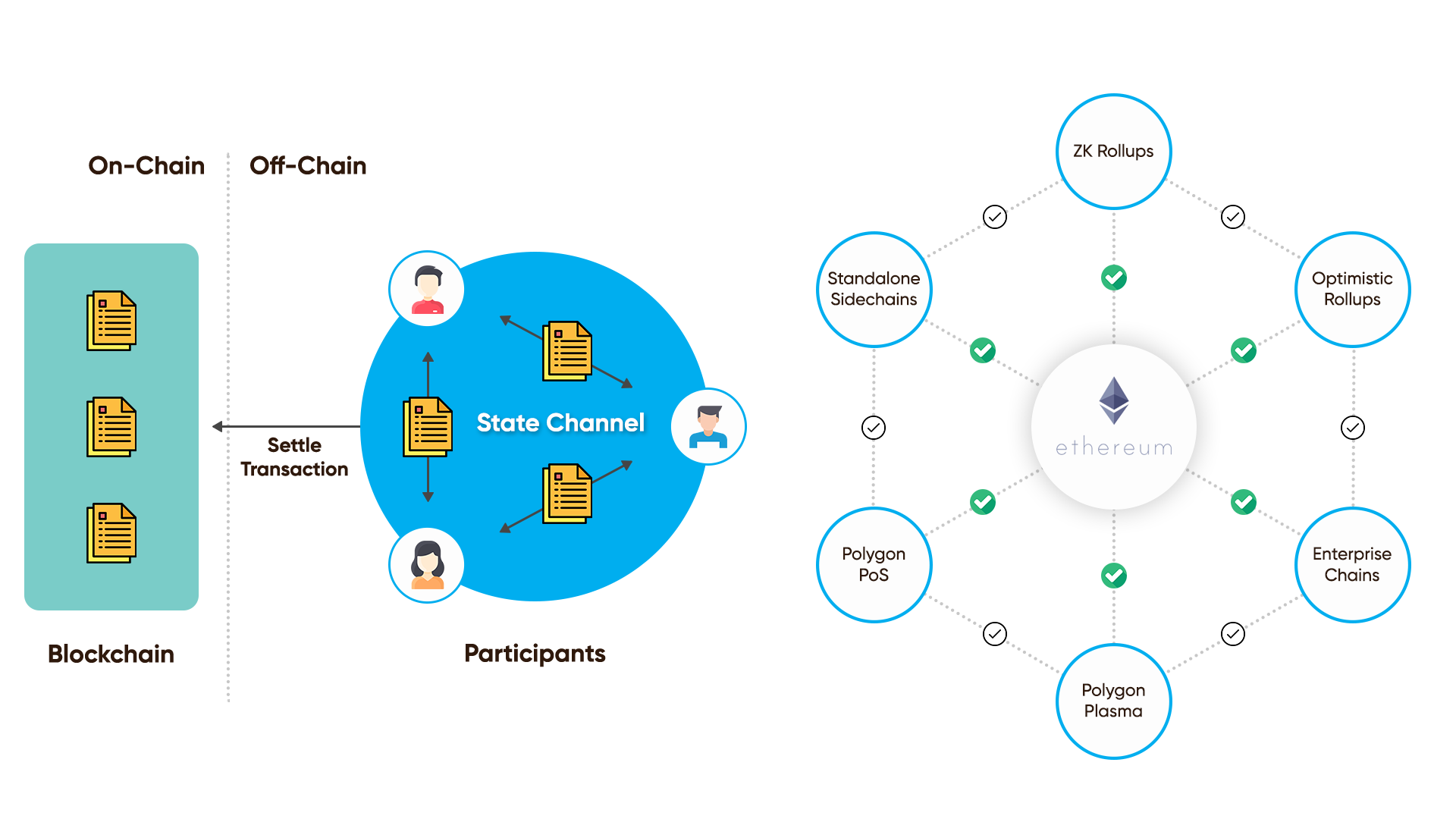Deep Review On Polygon Network
Polygon Network, formerly known as Matic Network, is a layer 2 scaling solution for Ethereum that aims to improve scalability and reduce transaction costs on the Ethereum network. It provides a framework for building and connecting Ethereum-compatible blockchain networks.
Key Features
- Scalability: Polygon uses sidechains, plasma chains, and other scaling solutions to increase the throughput of the Ethereum network.
- Interoperability: Polygon is compatible with Ethereum, allowing easy integration with existing Ethereum-based projects.
- Low Transaction Costs: By offloading transactions to layer 2 chains, Polygon reduces transaction fees on the Ethereum network.
- Security: Polygon leverages Ethereum's security model, benefiting from the robustness of the Ethereum network.
- Developer-Friendly: Polygon offers tools and infrastructure to help developers build and deploy decentralized applications (dApps) quickly.

Components
- Polygon PoS Chain: The primary chain of the Polygon network, which uses a Proof of Stake (PoS) consensus mechanism.
- Polygon SDK: A modular and flexible framework for building Ethereum-compatible blockchains.
- Polygon Bridge: Allows assets to be transferred between the Ethereum mainnet and the Polygon network.
- Polygon Validator: Validators secure the PoS chain by validating transactions and creating new blocks.

Utilities
- DeFi Applications: Many decentralized finance (DeFi) projects have integrated with Polygon to benefit from its scalability and low transaction costs.
- NFT Platforms: NFT marketplaces and platforms often use Polygon to offer a better user experience with faster transactions and lower fees.
- Gaming: With its high throughput and low costs, Polygon is also popular among blockchain gaming projects looking to provide a seamless gaming experience.
- Enterprise Solutions: Some enterprises use Polygon for various use cases, such as supply chain management and tokenization of assets, leveraging its scalability and interoperability.

Limitations
While Polygon has seen significant growth and adoption, there are some limitations to consider:
- Centralization Concerns: Some critics argue that Polygon's Proof of Stake (PoS) consensus mechanism may centralize control in the hands of a few validators, raising concerns about security and decentralization.
- Scalability Challenges: While Polygon has improved scalability for Ethereum-based applications, it may still face challenges as network usage grows, potentially leading to congestion and higher fees.
- Interoperability Issues: Interoperability with other blockchain networks and protocols may still be a challenge for Polygon, limiting its ability to work seamlessly with other ecosystems.
- Regulatory Uncertainty: As the regulatory landscape for cryptocurrencies and blockchain technology evolves, there may be uncertainties and potential regulatory challenges that could impact Polygon's operations and growth.
Partnership
Polygon has established partnerships with various projects and platforms across different sectors. Some notable partnerships include:
- Aave: Aave, a popular decentralized finance (DeFi) platform, has integrated with Polygon to offer users lower transaction fees and faster transaction times.
- Decentraland: Decentraland, a virtual world built on Ethereum, has collaborated with Polygon to enhance the scalability and user experience of its platform.
- Chainlink: Polygon has integrated Chainlink's decentralized oracle network to provide reliable off-chain data for smart contracts on the network.
- Curve Finance: Curve Finance, a decentralized exchange (DEX) optimized for stablecoin trading, has also integrated with Polygon to offer users a more efficient trading experience.
These partnerships demonstrate Polygon's commitment to expanding its ecosystem and providing innovative solutions for developers and users across various industries.

Conclusion
These benefits make Polygon an attractive choice for developers and users looking to leverage a scalable and cost-effective blockchain solution for their projects and transactions.
Polygon Network offers a promising solution to the scalability issues faced by the Ethereum network. With its focus on scalability, interoperability, and low transaction costs, Polygon has gained popularity among developers and projects looking to build on Ethereum. Its robust ecosystem and developer-friendly tools make it a compelling choice for those seeking to leverage the benefits of layer 2 scaling solutions.
It's essential for users and developers to be aware of these limitations and consider them when utilizing the Polygon network for their projects and transactions.
Thanks for taking out time to read through.
If you want to support more of my reviews, you can do that using the address below.
Solana: 3oPU6vjs5jPqDqZPsDw39nhkjWqDGSeUpiXJH9gmqsNf



![[ℕ𝕖𝕧𝕖𝕣] 𝕊𝕖𝕝𝕝 𝕐𝕠𝕦𝕣 𝔹𝕚𝕥𝕔𝕠𝕚𝕟 - And Now What.... Pray To The God Of Hopium?](https://cdn.bulbapp.io/frontend/images/79e7827b-c644-4853-b048-a9601a8a8da7/1)




















